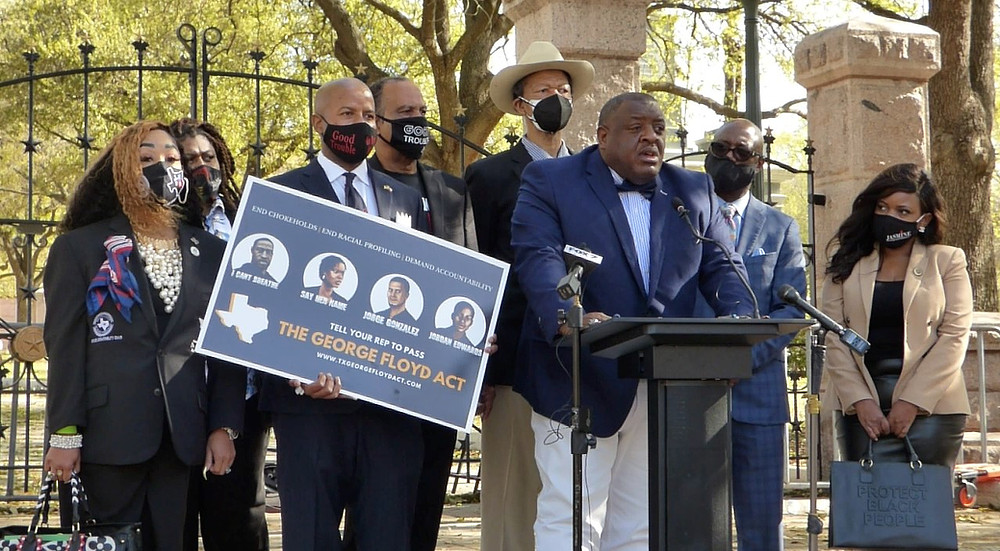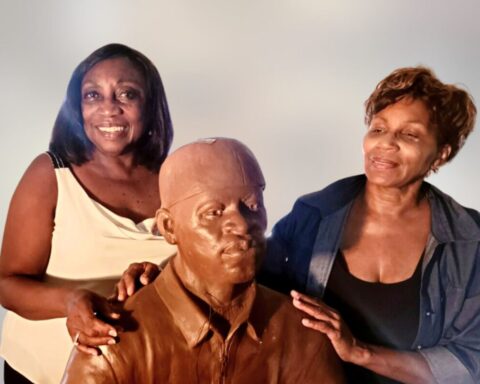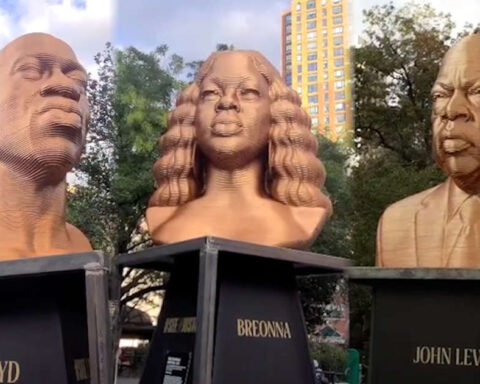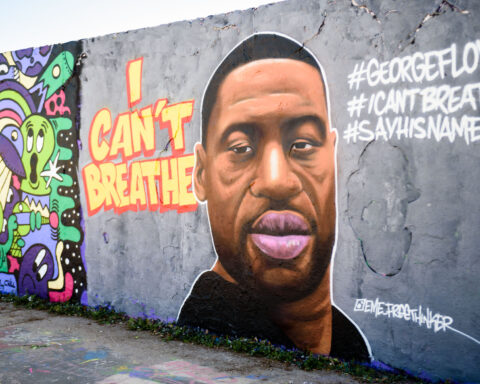By Simon Osuji
Over a year after the international protests following George Floyd and Breonna Taylor’s killings, criminal justice reform and police accountability remain essentially the same. The promise of the George Floyd Justice in Policing Act remains unfulfilled, as a bipartisan negotiation team has stalled.
According to Politico, Sens. Cory Booker, Tim Scott, and Rep. Karen Bass may be moving toward an agreementless than what was originally promised. The update suggests any change to qualified immunity could be off the table.
Qualified immunity refers to a doctrine generally used to excuse police misconduct. It creates a high burden to overcome to hold individual police accountable for their actions.
Democrats in Congress seem to be tinkering around the edges instead of passing bold reforms, allowing for public safety to become politicized. After months of being baited into a race to prove who loves the police more, Booker and other Democrats caved to a recent Republican ploy that would punish cities that seek to reinvest excessive police expenditures into other needed programs.
Recently, officials found the killing of Kevin Peterson, a 21-year-old Black man killed by Clark County police, was justified. Peterson was shot in the back after police attempted to apprehend him. In a stunning turn of events, the local prosecutor held the police didn’t have to wait for Peterson to attempt to use a weapon; his running could justify deadly force.
This is just one of many examples of deference to police judgment without real interrogation of the reasonableness of such actions. Local news reported the family’s frustration with the outcome.
“Our laws do not allow an officer to shoot a suspect for running away,” family attorney Mark Lindquist said in a statement obtained by the outlet. “In his own interview, Deputy Anderson admits he shot Kevin because he wasn’t obeying commands and wouldn’t stop running. The deputy says, ‘I kinda just drew the line in the sand … I’ve given suspect enough commands. If he takes another step, I’m gonna shoot him.’”
Officers kill, often without impunity, and are shielded by a legal system that considers all behavior reasonable as the default.
While federal legislation drags on, local groups like Mass Liberation Arizona and the African American Roundtable in Milwaukee push for accountability in their respective cities. The Liberate MKE campaign is pushing for community input in the upcoming city budget to have more equitable expenditures on needed community services like health care.
Members of Mass Liberation Arizona raised issues with the limited scope of a Department of Justice investigation that does not also consider impropriety of the local prosecutor.
“The absence of the Maricopa County Attorney’s Office in this investigation and the collusion between MCAO and PPD is a glaring omission,” read a statement from the organization. “Maricopa County Attorney, Allister Adel, and her office’s unconstitutional and malicious prosecution of its political opponents are integral to any investigation of misconduct by law enforcement in Phoenix. It is the unholy union between these two agencies that has terrorized communities and is at the heart of the complaints the DOJ is here to investigate.”
A week after the investigation was announced, the Phoenix ABC affiliate broke the news that the Phoenix police trumped up charges to harass protestors claiming they were involved in gang activity when there was no such evidence.
A group of former and current prosecutors wrote a letter to President Joe Biden requesting he prioritize pledged prosecutorial reforms. As reported by the Associated Press, this group stressed that the conversations around criminal justice reform had not addressed the role of prosecutors nearly enough.
“We haven’t seen a national focus on the work of local prosecutors, who were in many ways the driver of damage that has been done over the decades, but in many ways in recent years in isolated jurisdictions are the source of reform and inspiration,” Miriam Aroni Krinsky, founder and executive director of the group Fair and Just Prosecution and also a former federal prosecutor, said in an interview.







